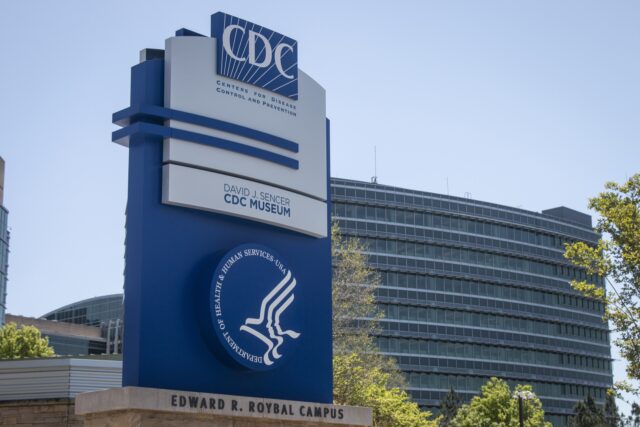The Centers for Disease Control and Prevention (CDC) features a list full of “preferred” terms for certain population groups, preferring to call alcoholics “persons with alcohol use disorder,” the uninsured “people who are medically underserved,” and encouraging the use of the terms “pansexual” and “asexual” when referencing individuals who refuse to identify as male or female.
“Language in communication products should reflect and speak to the needs of people in the audience of focus,” the CDC’s guide states, providing a list of alternative phrases and words for basic terms used by everyday Americans across the country.
“We recommend using this section as a guide and inspiration to reflect upon word choice and choose words carefully, inclusively, and appropriately for a specific use and audience,” it continues.
The guide features several categories. The first, “corrections and detentions,” urges individuals to avoid the basic terms “inmate,” “prisoner,” “offender,” or “criminal” and instead suggests phrases such as “people/persons who are incarcerated or detained” or “persons on parole or probation.”
In another section, titled “drug/substance abuse,” the guide discourages the use of “alcoholics,” “drug addicts,” or “smokers” and offers the phrases “persons who use drugs/people who inject drugs,” “persons with alcohol use disorder,” or “people who smoke.”
The guidance goes even further, however, encouraging the use of “people who are medically undeserved” instead of “uninsured,” “people experiencing unsheltered homelessness” instead of “homeless,” “people with a pre-existing mental health disorder” instead of “mentally ill,” “asylum seeker” instead of “illegal immigrant,” and “LGBTQ” instead of “homosexual.”
Further, the guidance actively encourages the use of the following terms, while frowning upon “biologically male/female” and gendered pronouns:
LGBTQ (or LGBTQIA or LGBTQ+ or LGBTQIA2)
- Lesbian, gay, or bisexual (when referring to self-identified sexual orientation)
- MSM (men who have sex with men)
- Queer
- Pansexual
- Asexual
- Transgender
- Assigned male/female at birth
- Designated male/female at birth
- Gender non-conforming
- Two-spirit
- Non-binary
- Genderqueer
- Gender diverse
- People/person with intersex traits
- Pronouns:
- Singular they or their
- He/she/they
“Use gender-neutral language whenever possible (for example, avoid ‘actress’ and consider ‘actor’ instead for both male and female actors),” it adds.
The guidance follows years of far-leftists promoting the use of “politically correct” language. Early last year, for example, Microsoft introduced a new feature in Word designed to suggest more “politically correct” words, flagging potentially “offensive” words such as “mankind” and suggesting “humankind” instead.

COMMENTS
Please let us know if you're having issues with commenting.